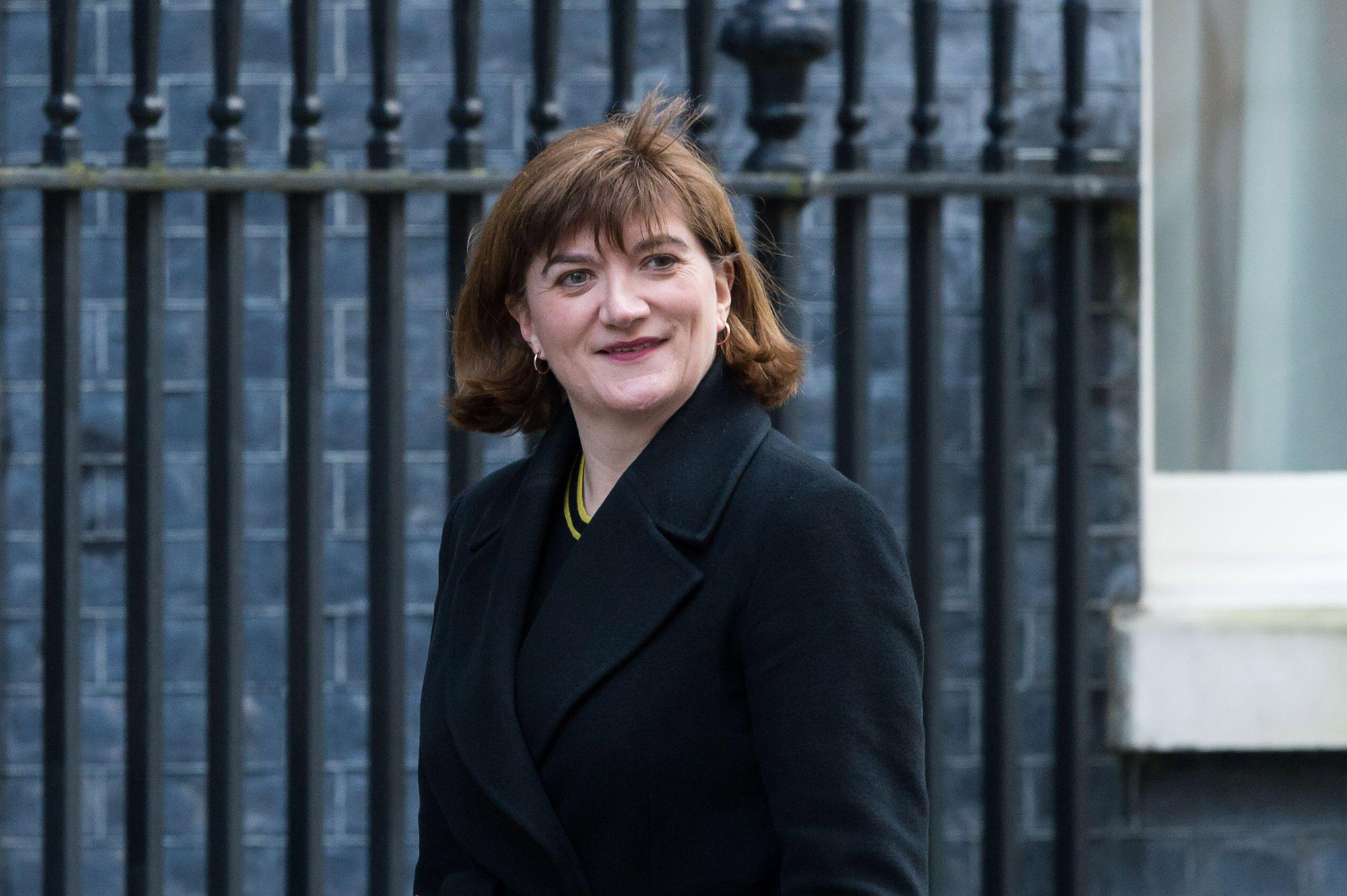Tech Companies Resisting Online Safety Crackdown Shouldn't Be Welcome In The UK, Former Culture Secretary Says
The Online Safety Bill is working through parliament (Alamy)
4 min read
Former Culture Secretary Nicky Morgan has said the UK should not back down on tough new rules that could see tech bosses sent to jail for failing to protect children online even if global firms won't sign up to them as the landmark Online Safety Bill works through parliament.
Baroness Nicky Morgan, a Conservative peer, said she was unsure if social media companies were truly committed to safeguarding, and it will be down to how they respond to the government’s flagship new legislation to know for sure.
A recent amendment was made to the Online Safety Bill following a rebellion by dozens of Conservative MPs, which will make senior managers at tech giants criminally liable if their platforms persistently fail to protect children from harm on the internet and they ignore regulatory warnings.
Rishi Sunak agreed to alter the draft legislation despite concerns extending criminal liability for a breach of child safety duties could see fewer services available to young people, or some providers choosing to withdraw from the UK market altogether.
But Morgan told PoliticsHome podcast The Rundown that it was right that ministers took a stand on child protection, and that “politicians and politics has now got to think about the kind of internet that we want”.
Morgan, who served in David Cameron and Boris Johnson’s governments, believed the bill in its current form did address senior management liability, and that it was important this element was retained in order to protect young people online.
"My take on it would be that if a company decides that the UK is an unattractive place to be because they might have liability for not safeguarding, particularly the young against harmful content, then my question back is, do we want that company in the UK?," she said.
"Tech companies are obviously going to be innovative, we want to support those companies, but equally I think we have got to make a stand now.
“Whether we're talking about companies that pollute our rivers, whether we're talking about companies that encourage underage people to smoke or to vape, whether we're talking about protecting the young in other ways, I think we are as a country taking a stand now.”
 The former Culture Secretary and now Conservative peer Baroness Nicky Morgan (Alamy)
The former Culture Secretary and now Conservative peer Baroness Nicky Morgan (Alamy)
Morgan, who is pushing for a new amendment to force social media platforms to follow regulatory guidelines specifically protecting women and girls from online abuse, was critical about the fact that a small number of tech companies had largely dictated the culture around how they operate.
"There are these big companies, many of whom start on the West Coast of America, and yet it's America that is most definitely not leading the world," she said.
“They are having in many states the debate about regulating content and platforms and everything else, but the American government, even with someone like Joe Biden in charge, and he did in his State of the Union speech very recently talk about protecting children online, but I think they are a long way from coming up with legislation.
“That is a problem with these big, multi-jurisdictional companies, the UK can only do so much in terms of regulating what happens in the UK, and what's seen in the UK.”
Last week Sunak created a new science and tech-focused ministry at the heart of government – the Department of Science, Innovation & Technology – which as well as now taking over jurisdiction for the Online Safety Bill, is part of plans set out by Chancellor Jeremy Hunt last month “to make Britain the world’s next Silicon Valley”.
But Morgan was unsure if the big social media success stories to have come out of Silicon Valley like Meta, which owns Facebook and Instagram, have a real desire to clamp down on harmful content.
While she felt the Online Safety Bill, which has been repeatedly delayed, already included measures to "come down potentially very hard" on tech companies, how it works in practice will be the real test.
“They will email us, those of us who are speaking out on the bill, and they will ask for meetings, and they will say that they welcome regulation, they want to change," she explained.
“And undoubtedly, some actually do, but the proof will be over the next couple of years about the choices they make in terms of designing platforms, designing safety, features, the way that they are going to make money through advertising or the use of algorithms, their interactions with Ofcom for example, how open those are going to be.”
Morgan added: “I think this is an important moment and I hope that companies will respond.”
PoliticsHome Newsletters
PoliticsHome provides the most comprehensive coverage of UK politics anywhere on the web, offering high quality original reporting and analysis: Subscribe
